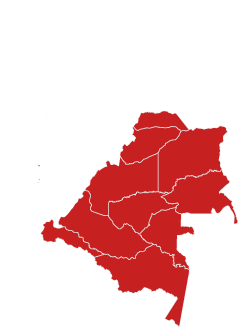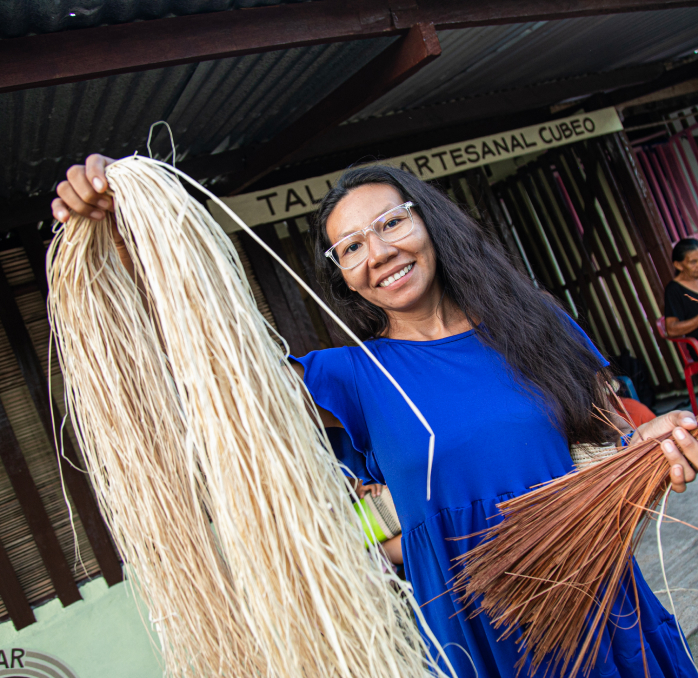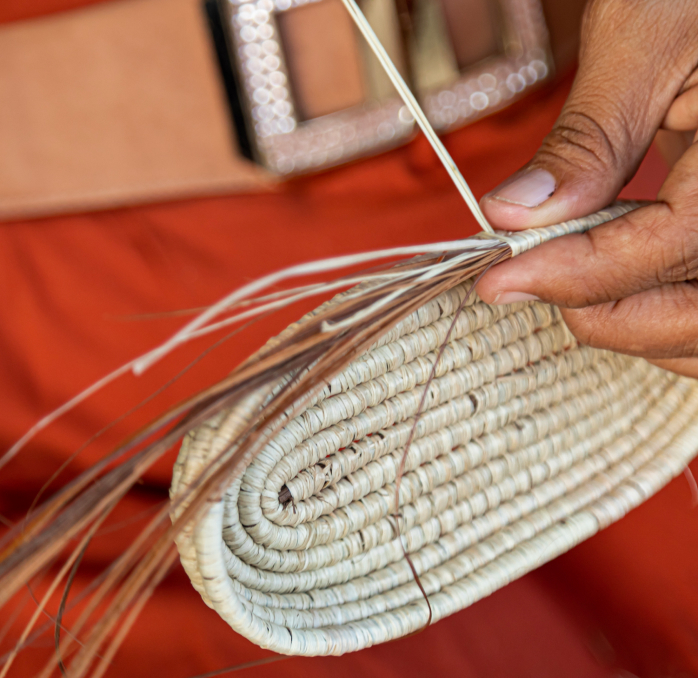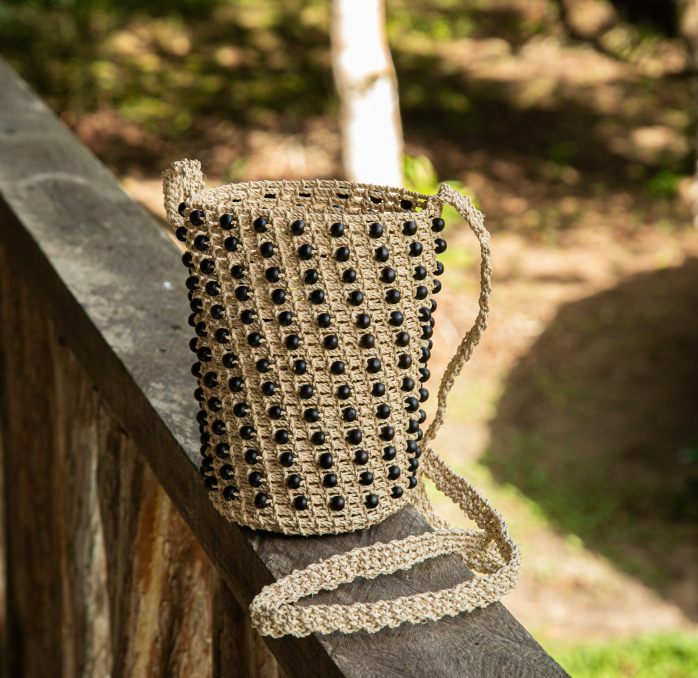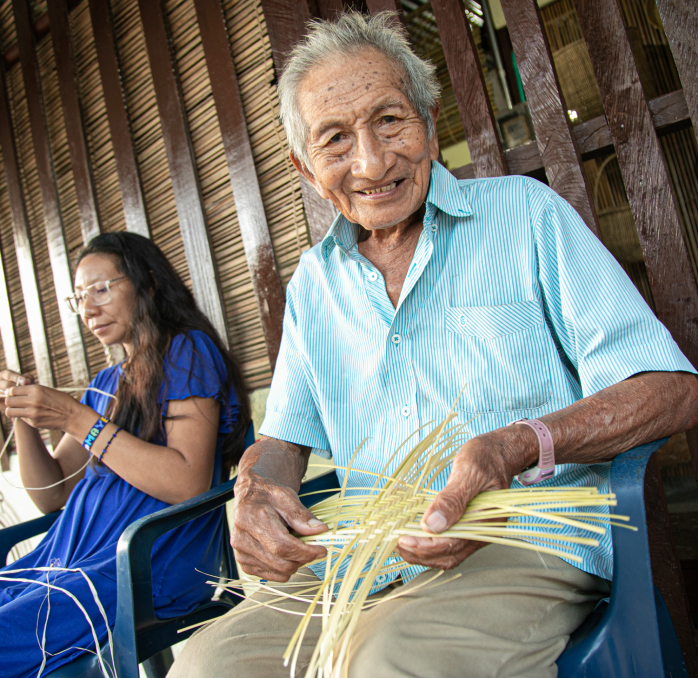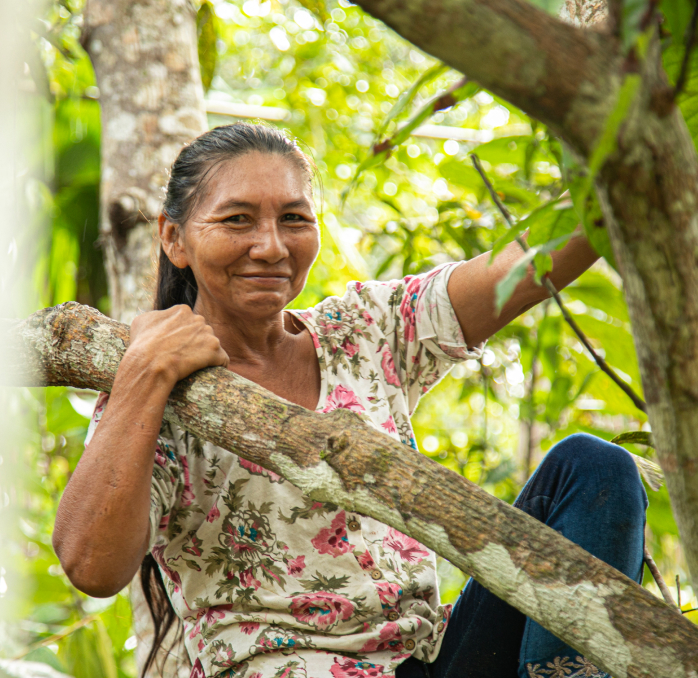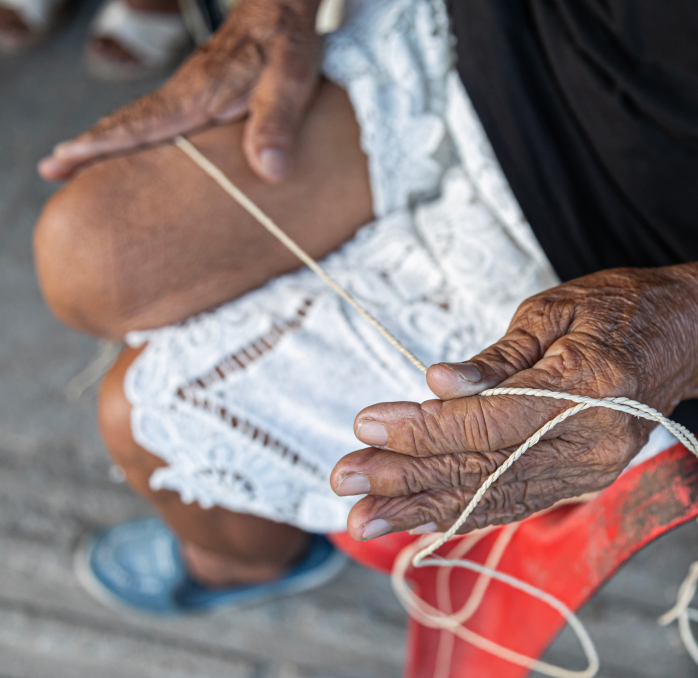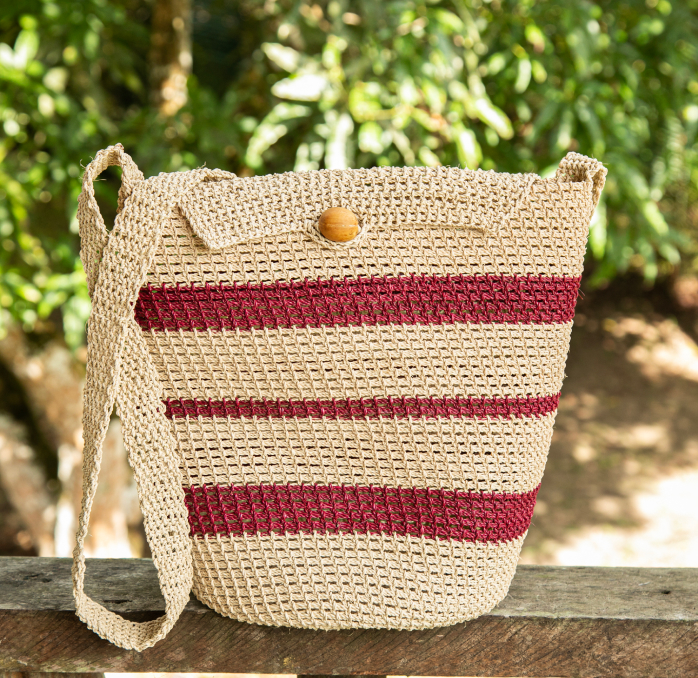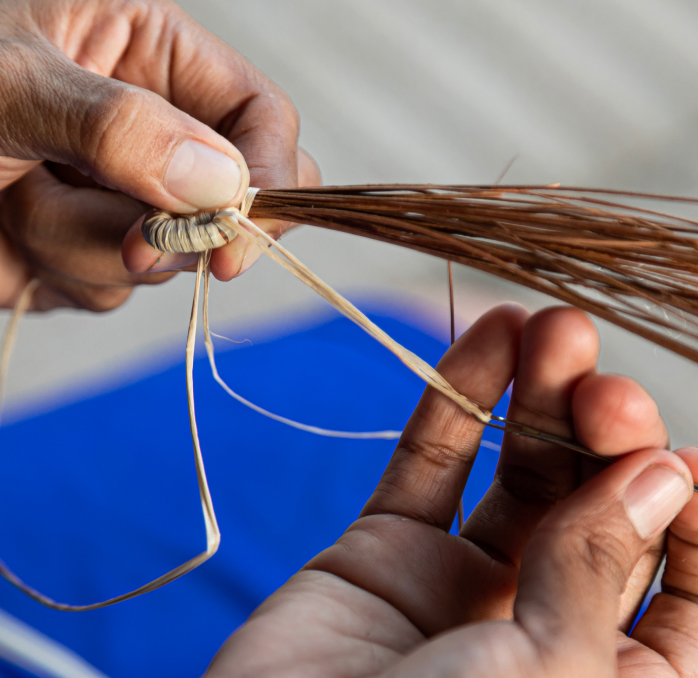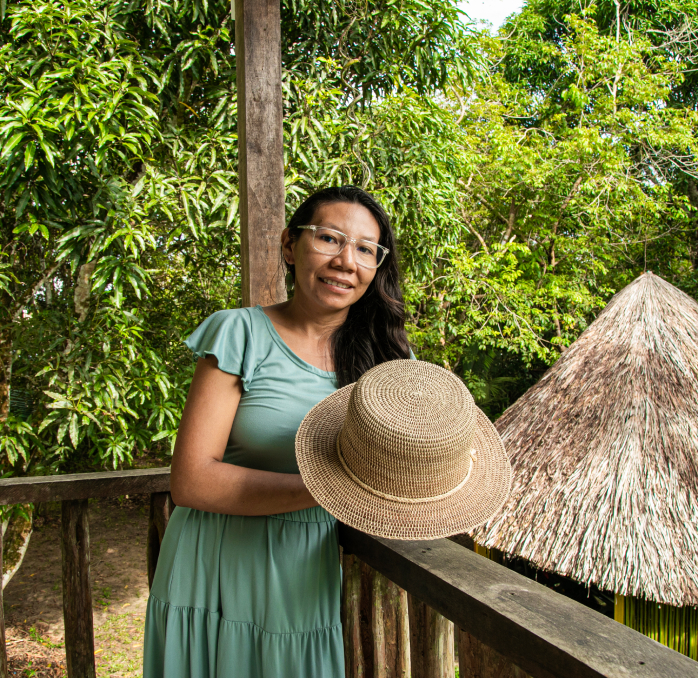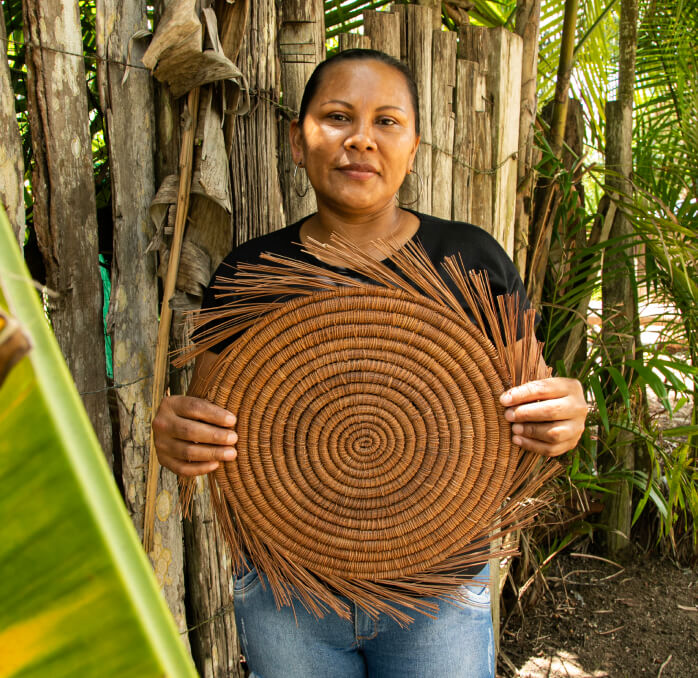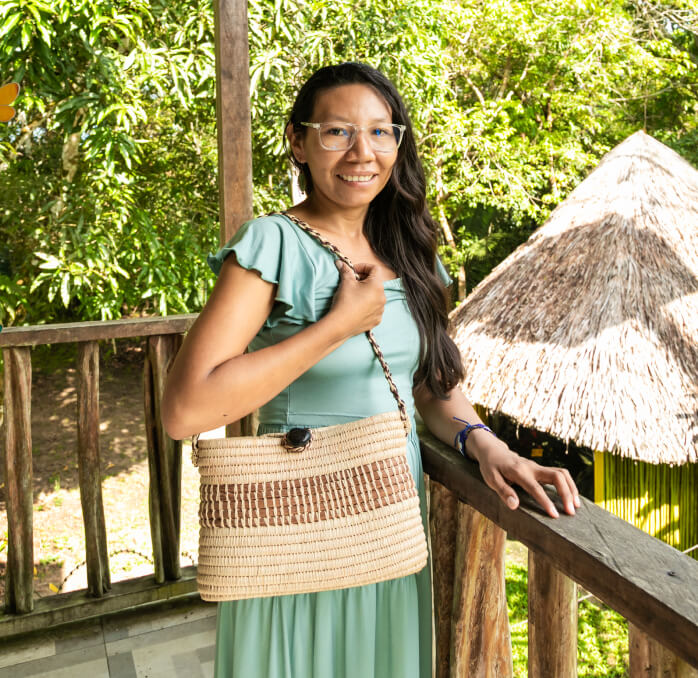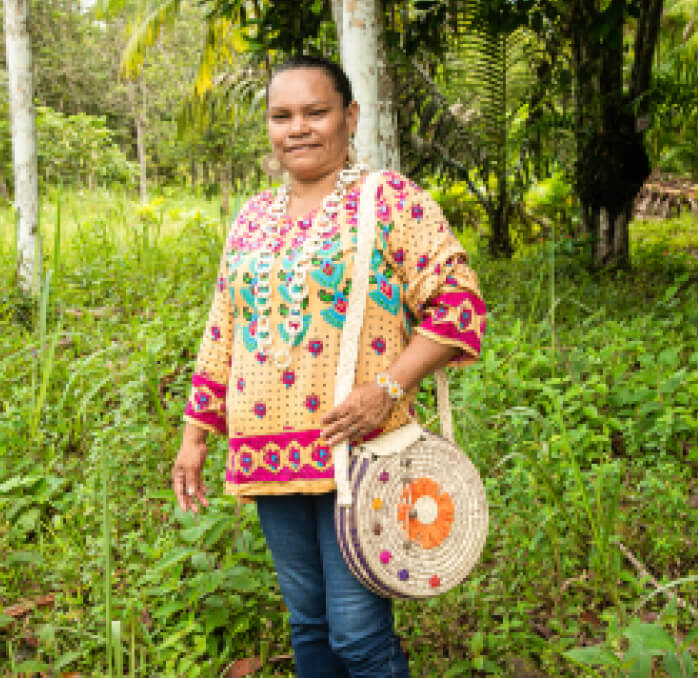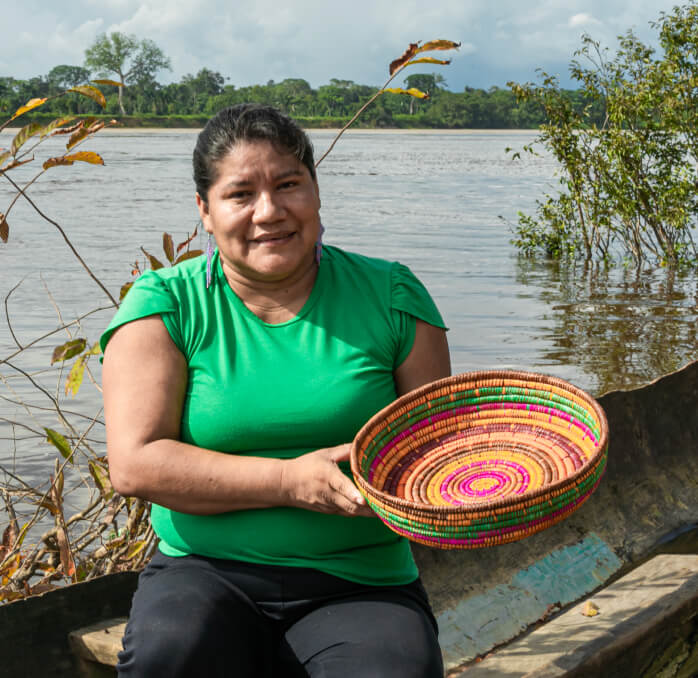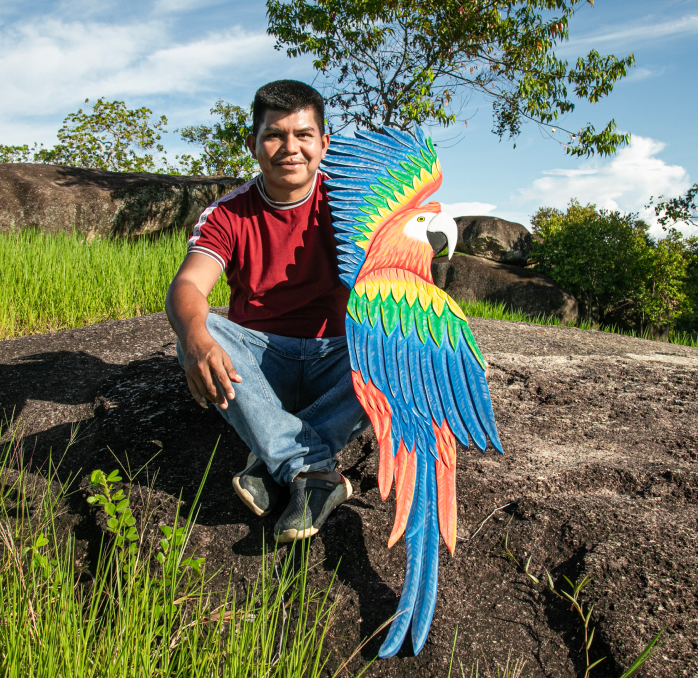Rosalba Gutiérrez y Lilia, Mayerlin, Mónica y Lorena de la Espriella
Workshop: Crear Yurubaci
Craft: Cestería y tejeduría
Trail: Guainía Route
Location: Inírida, Guainía
SCHEDULE YOUR VISIT
Calle 28 # 19-45, Brisas del palmar, Puerto Inírida, Guainía
Lilia: 3223150895
Mayerling: 3158100307
crear.yurubaci2022@gmail.com
liliaxp2023@gmail.com
Three generations of women from this Cubeo family have admirably upheld Emilia’s teachings, the grandmother, matriarch of their lineage. Emilia, a beacon of strength and wisdom, received the Artisanal Mastery Medal at the age of 97. Rosalba, her daughter, and Lilia, Mayerlín, Mónica, and Lorena, her granddaughters, conscientiously preserve her legacy, holding it close to their hearts, recognizing the profound responsibility bestowed upon them by their familial history. Furthermore, the youngest daughters of this lineage are already embracing their heritage, learning the craft of weaving moriche and chiquichiqui fibers. Among them, Salomé, the younger, has already demonstrated the craft runs in her blood.
Although this indigenous community resided in Mitú, the capital city of Vaupés, for years, the harrowing episodes of violence forcibly uprooted them before the year 2000, leading them to Guainía territory. The daughters intimately comprehend their family’s history, recalling the trials and tribulations their elders endured during their displacement and the establishment of a new homestead. Presently, they reside in Inírida, within the Las Brisas neighborhood, aspiring to instill in their kin a profound love for nature expressed through craftsmanship.
Emilia’s granddaughters are fluent in Spanish, having attended a boarding school run by nuns where they cultivated skills in embroidery and crochet. Their extensive knowledge of needlework enriches their weaving practices, especially in the art of moriche palm weaving—a craft they’ve been acquainted with since childhood, observing their parents, Rosalba and José, practice it. In Cubeo culture, these artisanal objects are integral to their daily lives, serving as kitchen implements for food preparation.
Their memories encompass their father’s craftsmanship in fashioning essential tools for processing bitter cassava, producing casabe and mañoco, staples in their diet. He crafted the sebucán, grater, golpeador, and remo or canalete. Simultaneously, they witnessed their mother expertly weave the catumare, a traditional basket utilized for yucca harvesting, often carried on women’s backs with a strap around their foreheads. Women bear the responsibility of harvesting produce from the cunuco or chagras—individual plots located two hours away from their homes. Moreover, they craft the budare, a wide clay plate for roasting mañoco and making casabe.
Listening to them reveals the paramount significance of cuisine within their culture. Their everyday lives intertwine with the creation of baskets skillfully woven with moriche and bejuco fibers. Recently, in a bid for innovation and design, they have adorned their baskets with moriche seeds. Despite residing in an urban setting, they ardently preserve their traditions. Journeys into the wilderness to tend to their chagras remain a ritual, as does the artisanal processing of bitter cassava, a communal endeavor involving both women and men in draining its toxic juices to render it edible. They employ vines to wrap bunuju or bagre fish before smoking and grilling it.
Every aspect of their craftsmanship holds symbolic meaning and poetic essence. For instance, their “”camino del bachaco”” or “”bachaco path”” stitch pays homage to the trails left by red, lemon tree-flavored ants. Through their craft, they honor and acknowledge their mission to preserve their heritage. The women of this family exhibit unwavering determination to safeguard and keep alive and alight the traditions of their Cubeo culture.
Craft
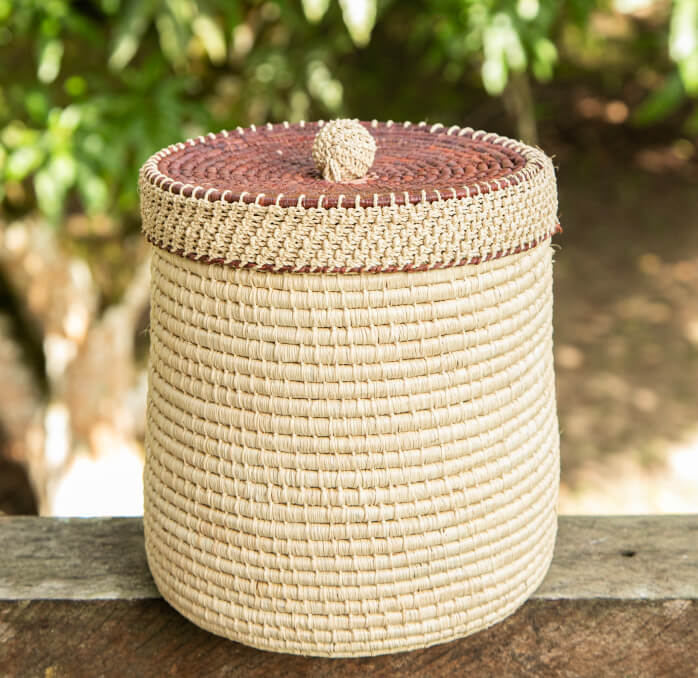
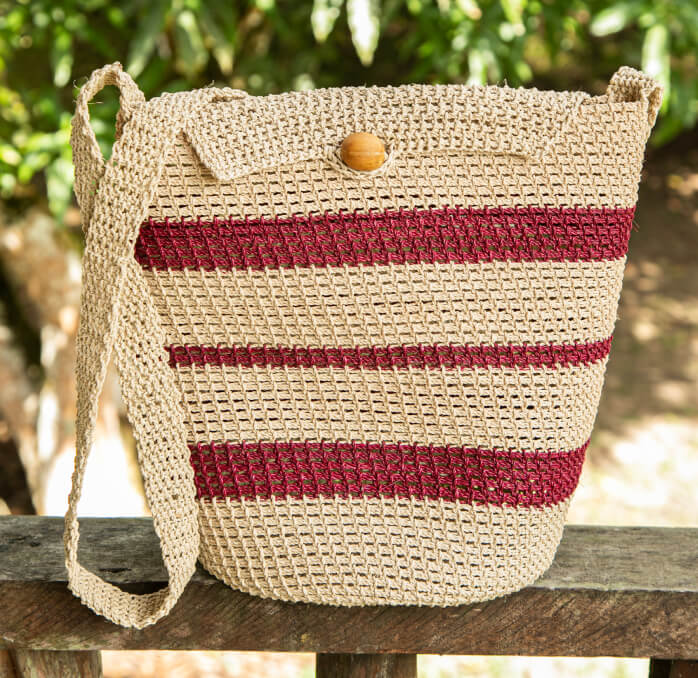
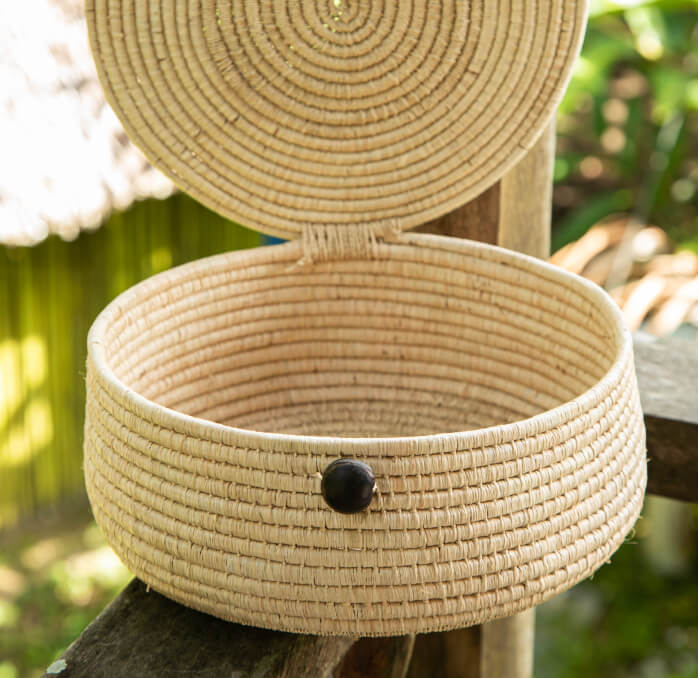
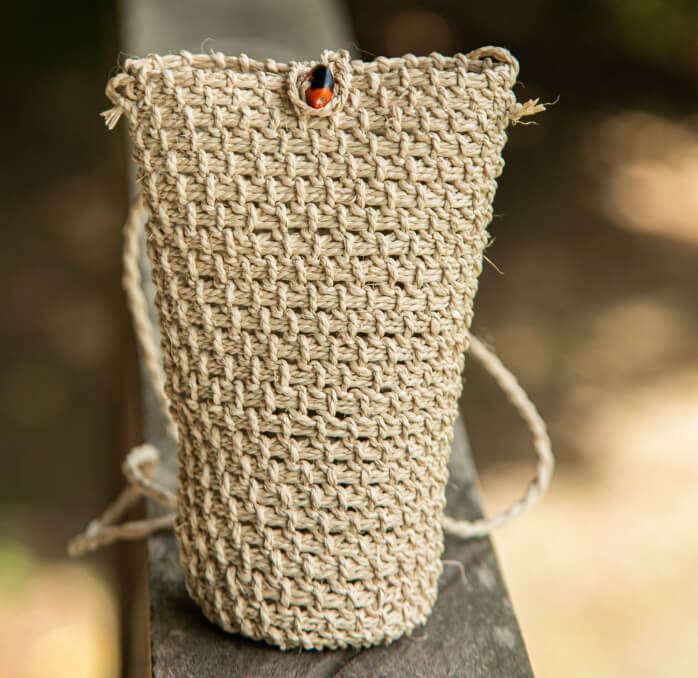
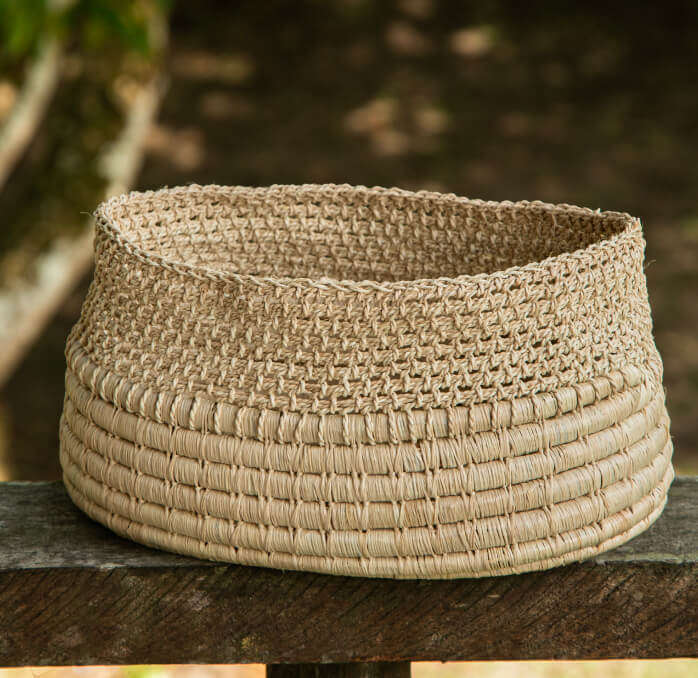
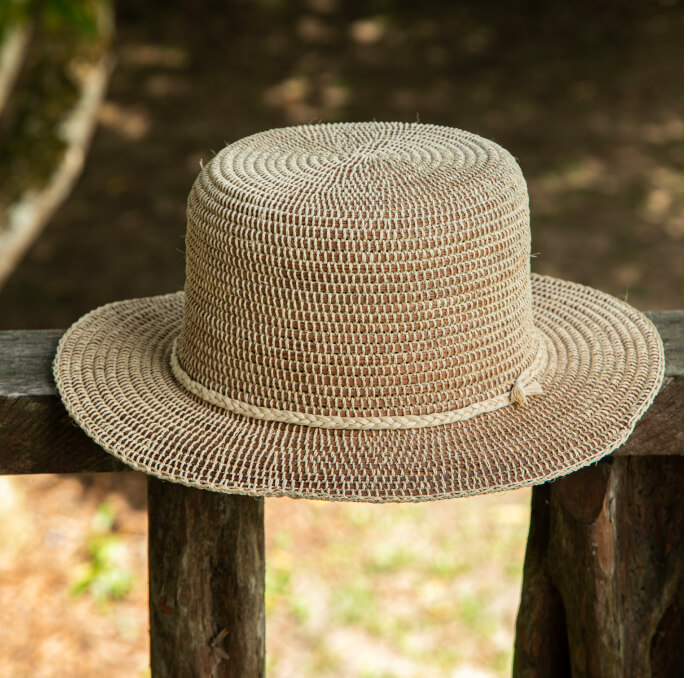
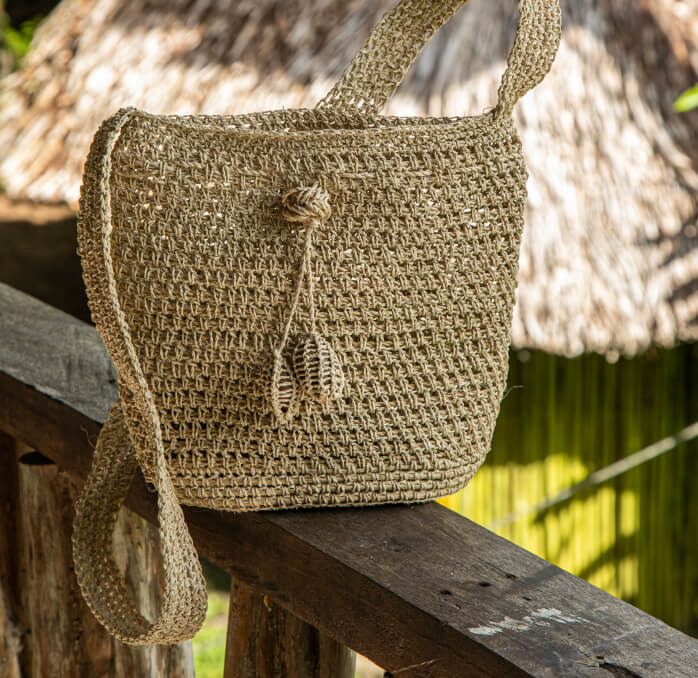







Artisans along the way
Artisans along the way
No puede copiar contenido de esta página

